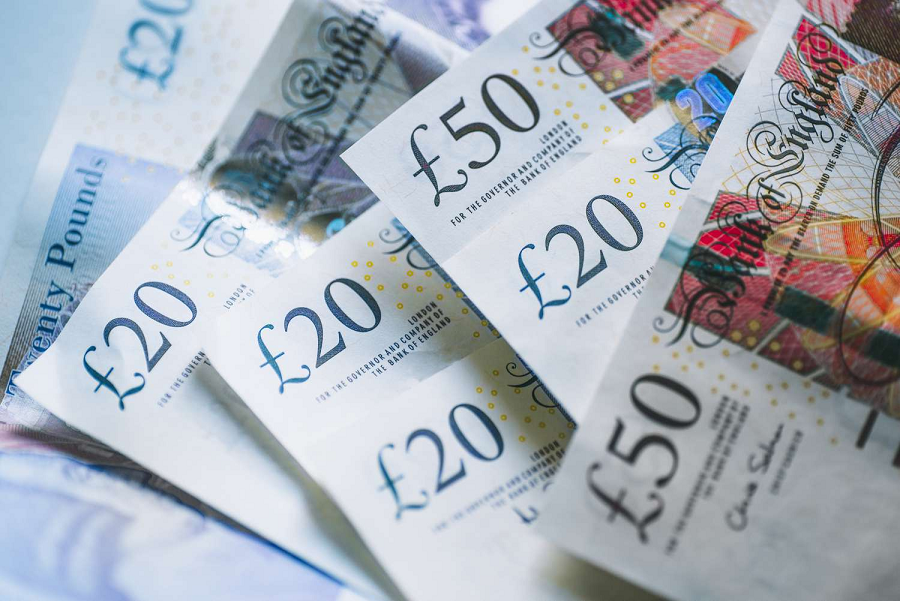If you are going to convert one currency to another, you will notice that the rate is not always the same. It changes by time and sometimes by minutes. For instance, if you are going to use USD to pound converter, you will see a slight difference in conversion rate with respect to the type of converter you use. In this article, we are going to tackle currency conversion and the factors affecting it.The supply and demand in the foreign exchange market has a huge impact on exchange rates, which show how much one currency is worth in relation to another. Among other things, market speculation, geopolitical developments, and economic data all affect these rates. Anyone dealing with foreign currency has to understand the elements that affect exchange rates.
- Interest rate – In the currency markets, interest rates are crucial. These rates, which are set by central banks, determine borrowing cost or the yield of holding a certain currency. Because greater yields draw in foreign investment, higher interest rates can cause a currency to gain. For instance, a stronger US dollar in relation to other currencies is frequently the outcome of interest rate increases by the US Federal Reserve. On the other hand, when investors look elsewhere for greater returns, decreasing interest rates may cause depreciation.
- Current inflation rate – Central banks keep an eye on interest rates making sure that inflation is at a manageable level, usually around 2%. A lower rate of inflation boosts a currency’s value by increasing its purchasing power. As products become more affordable and appealing to foreign investors, low inflation can boost the value of the US dollar. But it’s crucial to remember that nuanced and extreme situations like deflation can have several outcomes.
- Economic performance – The Gross Domestic Product is a parameter used to measure a nation’s economic success, which has a big impact on its currency demand. A robust GDP indicates a sound economy, which draws in foreign capital and raises the value of the currency. Furthermore, a strong export industry can improve economic health by boosting inflows of foreign cash, which fortifies the value of the domestic currency. For example, a nation that exports a lot would experience consistent demand from overseas for its goods and services, which will increase the value of its currency because foreign buyers will need to buy the domestic currency in order to pay for these items.


